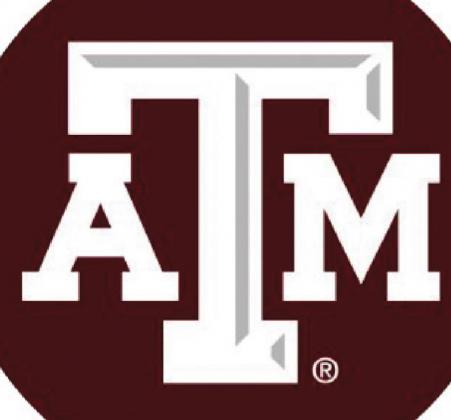An already unusual fall semester was wrapping up when Texas A&M University officials sent out an email in early December to the hundreds of students in an online finance class that set off a panic.
Faculty reported concerns of cheating “on a very large scale” to the Aggie Honor System Office, after they noticed some students in the class answered online test questions too quickly. Later, faculty discovered entire exams posted on a “homework help” website that has become synonymous with cheating.
University officials told guilty students to self-report by 5 p.m. on Dec. 8. If they didn’t come forward but were found in violation of the academic honor code, they could face suspension or expulsion.
University officials at Texas A&M and experts elsewhere said academic misconduct cases have increased during the pandemic as remote courses and online assignments create more opportunities for students to push the limits.
At Texas A&M, academic dishonesty reports have increased by as much as 20 percent from last fall, Powers said. The University of North Texas saw a 20 percent increase, and Texas State University saw reports of cheating increase by one-third over the previous fall. The University of Houston saw reports more than double from last fall to 456 cases as of Dec. 14. In the case at Texas A&M,
In the case at Texas A&M, students interviewed by The Texas Tribune said they used a website called Chegg to access answers on assignments. The website started years ago for textbook rentals and has since expanded to include online tutoring. For a monthly fee, students can submit questions that someone around the world will answer within a few hours. While critics said the site can be helpful for students seeking tutoring, they argue many students are misusing it to pass off another person’s work as their own.
According to Powers’ email, Texas A&M’s online learning platform, Canvas, tracks how long test questions are displayed on a student’s screen. He said there are “hundreds of examples” where students answered a question faster than it would take to read it.
Powers said in the email “many, many” students in the finance class had already admitted to either posting questions online so someone else could answer them or searching for already answered questions to complete assignments and tests.
Texas A&M would not discuss details of the investigation, including how many students self-reported the cheating. Neither of the two doctorate students who taught the class responded to a request for comment.
Texas A&M’s honor code reads: “An Aggie does not lie, cheat or steal or tolerate those who do.” The refrain is ingrained in students starting at freshman orientation.
Some students who self-reported cheating to the university said the stress of the ongoing pandemic and the shift to more virtual classes made it more difficult to find study partners or connect with professors in person for help. Those factors contributed to their decision to create an account on Chegg.
While students were allowed to use their notes and textbook during quizzes and tests throughout the semester, it’s against policy to access and review test questions before an assessment.
In a letter submitted to the university as part of its investigation, a different unnamed student said professors should have provided more explicit communication about what is acceptable given that many of them were taking a variety of online, hybrid and in-person courses.
Academic integrity experts said providing proactive reminders about what is acceptable helps deter students from cheating. But, they said, common sense should dictate to students when their behavior is considered cheating.

